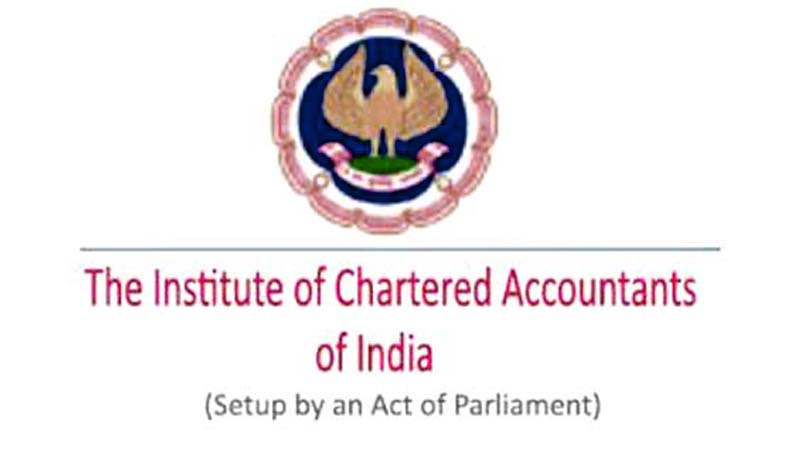The Activities of the ICAI falls within the ambit of “Charitable Purpose”, ITAT grants exemption to ICAI u/s 10 & 11 of Income Tax Act [Read Order]

CA Syllabus – ICAI – Taxscan
CA Syllabus – ICAI – Taxscan
The Delhi ITAT in a recent judgment held that the activities of The Institute of Chartered Accountants of India (ICAI) is covered under s. 10 and 11 of the Income Tax Act and therefore, it is entitled to get exemption since the activities of the assessee society fall within the ambit of ‘charitable pupose.’
The assessee is established by the Act of Parliament of ICAI Act of1949 and the assessee comes under the Ministry of Corporate Affairs. The assessee is registered u/s. 12A of the Income Tax Act, 1961and has been claiming exemption u/s. 11 of the Act which has been denied by the Assessing Officer mainly on the ground that the assessee is involved in commercial activities as the assessee receives coaching fees from the students of CA while giving coaching to the CA students. He further held that assessee's case falls under the category of General Public Utility and proviso to section 2(15) of the Act is clearly applicable in this case. Accordingly, exemption u/s. 11 & 12 of the Act is denied to the assessee society and its income is computed as normal AOP. The Assessing Officer through its order held assessee liable to pay income tax by assessing the income at Rs. 12305.37 lacs.
On appeal, the CIT(A) allowed the contentions of the assessee and decided in favour of them. Therefore, the Revenue preferred an appeal before the Appellate Tribunal where they raised the following issues.
On the facts and in the circumstances of the case and in law, the Ld. CIT(A) has erred in ignoring that the assessee's predominant objectives are to conduct examinations for the candidates for Chartered Accountants and to regulate it's members and it does not provide any Scholastic education, therefore, its activities do not fall within the category of education covered by the definition of the expression 'charitable purpose' which is second limb of the section 2(15) of the Income Tax Act, 1961.
- On the facts and in the circumstances of the case and in law, the Ld. CIT(A) has erred in law as Hon'ble Supreme Court in the case of Sole Trusty, LokShikshana Trust vs. Commissioner of Income-tax (1975) 10 ITR 234 (SC) has defined word 'education' and observed that the sense in which the word "education" has been used in section 2(15), is the systematic instruction, schooling or training given to young in preparation for the work of life. The word "education" has not been used in that wide and extended sense according to which every acquisition of further knowledge constitutes education.
- On the facts and in the circumstances of the case and in law the Ld. CIT(A) has erred in ignoring that the assessee's activity falls under the category of'Advancement of any other object of general public utility" and first proviso to section 2(15) is early applicable on it as 'income-from coaching class' was explicitly business receipt in nature.
- The Tribunal upheld the findings of the CIT(A) that the assessee is an “educational institution” by holding that the exemption was granted to them in the previous years and the decision had been accepted by the Tribunal, the High Court and even by the Supreme Court.
The assessee had to point out the decision of the Supreme Court in their own case where the Court dealt with a similar issue. In that case, the Supreme Court has accepted the contention of the assessee that the conducting of coaching classes through Regional Councils, the assessee’s Institute, following its main purpose and objective of giving training to the future Chartered Accountants, for which it has been enacted by the Parliament and further emphasizing that CBDT while granting Notification u/s 10(23C)(iv) of the Act to the appellant Institute was well aware of the component of its income reflected in Annual accounts filed with the application for applying for exemption of income u/s. 10(23C)(iv) of the Act. The Court has also granted an exemption to the assessee under ss. 10(23C)(iv) and also under s.11.
The tribunal while deciding the present matter has given due weightage to the findings of the CIT(A) who relied upon the above verdict of the Supreme Court while passing the Order. Therefore, the matter was disposed of in favor of the assessee.
Read the full text of the order here.


